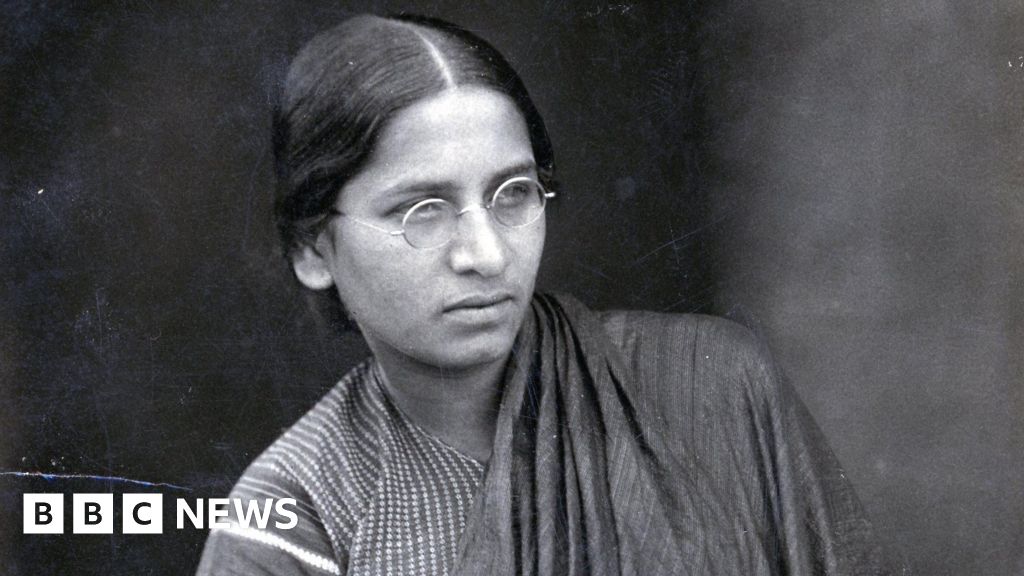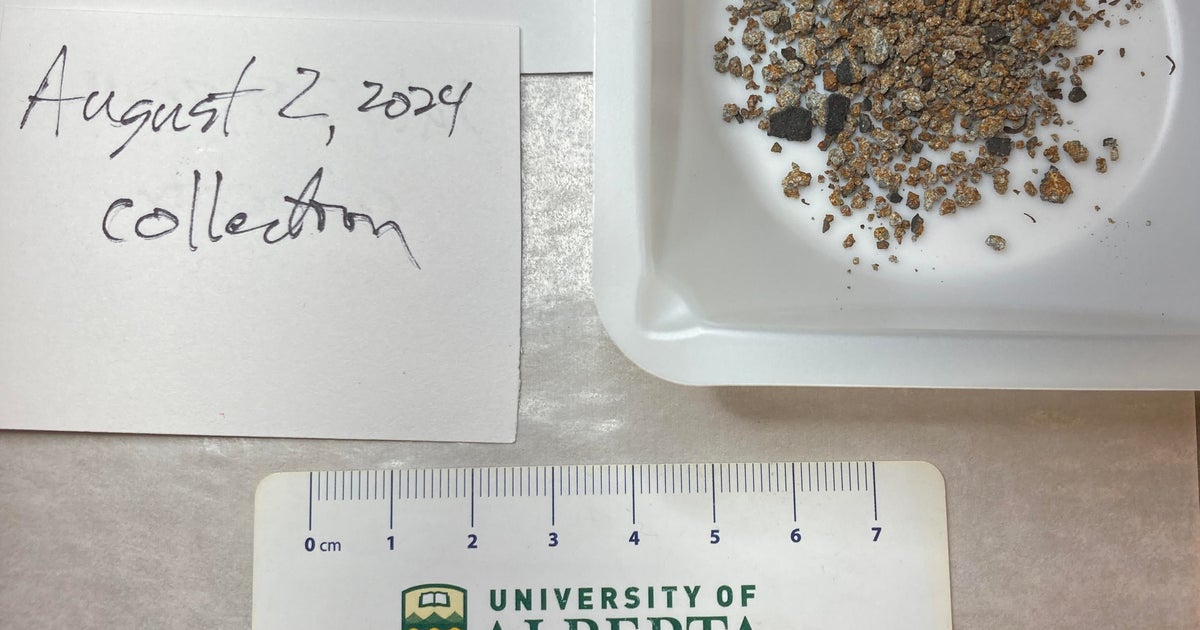Social media posts inciting hate and division have “real world consequences” and there is a responsibility to regulate content, the UN High Commissioner for Human Rights, insisted on Friday, following Meta’s decision to end its fact-checking programme in the United States.
“Allowing hate speech and harmful content online has real world consequences. Regulating this content is not censorship,” Volker Türk wrote on X.
In a longer LinkedIn post on the same theme, Mr. Türk maintained that labelling efforts to create safe online spaces as “censorship…ignore[s] the fact that unregulated space means some people are silenced – in particular those whose voices are often marginalized. At the same time, allowing hatred online limits free expression and may result in real world harms.”
Meta chief Mark Zuckerberg announced last Tuesday that the company would cease its fact-checking programme in the United States, stating that fact-checkers ran the risk of appearing politically biased, with self-regulation resulting in too much censorship. He called for a return to freer speech on Meta’s platforms, adding that user’s trust had been eroded.
The International Fact-Checking Network (IFCN) has reportedly rejected Mr. Zuckerberg’s “false” argument and warned it could cause harm.
Digital potential
Mr. Türk highlighted that social media platforms have a tremendous ability to shape society positively by connecting people. But they can also fuel conflict, incite hate and threaten people’s safety.
“At its best, social media is a place where people with divergent views can exchange, if not always agree,” he said.
The UN human rights chief noted that he would continue to call for “accountability and governance in the digital space, in line with human rights. This safeguards public discourse, builds trust, and protects the dignity of all.”
When asked about the impact of Meta’s recent decisions on the social media policy of the United Nations, a UN spokesperson in Geneva emphasized that the global organization continually monitors and evaluates the online space.
“It remains crucial for us to be present with fact-based information,” said Michele Zaccheo, Chief of TV, Radio and Webcast. He added that the UN remained committed to providing evidence-based information on social media platforms.
The World Health Organization (WHO) also reaffirmed its commitment to providing quality, science-based health information, maintaining a presence across various online platforms.
In response to the growing crisis fueled by digital misinformation, the UN Department of Global Communications (DCG) has been actively working to combat false narratives.
This includes developing a code of conduct for information integrity, known as the UN Global Principles for Information Integrity.
Where next?
Latest news
Read the latest news stories:
- Unlocking SDG Success: How Better Data Can Develop Africa Friday, January 10, 2025
- UN DESA Releases Report on Global Economic Development Friday, January 10, 2025
- The Challenges Facing the Worlds Fifth Largest Economy Friday, January 10, 2025
- Confirmed: 2024 was the hottest year on record, says UN weather agency Friday, January 10, 2025
- It’s not censorship to stop hateful online content, insists UN rights chief Friday, January 10, 2025
- Developing Countries are Being Choked by Debt: This Could be the Year of Breaking Free Thursday, January 09, 2025
- India: Protests Erupt Over Hazardous Waste Disposal of Bhopal Gas Tragedy Thursday, January 09, 2025
- Resilience of Ukrainians remains high, as UN maps aid and reconstruction needs for 2025 Thursday, January 09, 2025
- ‘Children are now freezing to death’: harrowing updates from Gaza Thursday, January 09, 2025
- UN Commission notes new sense of optimism in Syria during first-ever visit Thursday, January 09, 2025
Link to this page from your site/blog
Add the following HTML code to your page:
<p><a href="https://www.globalissues.org/news/2025/01/10/38797">It’s not censorship to stop hateful online content, insists UN rights chief</a>, <cite>Inter Press Service</cite>, Friday, January 10, 2025 (posted by Global Issues)</p>… to produce this:
It’s not censorship to stop hateful online content, insists UN rights chief, Inter Press Service, Friday, January 10, 2025 (posted by Global Issues)

 1 week ago
9
1 week ago
9










 English (US) ·
English (US) ·